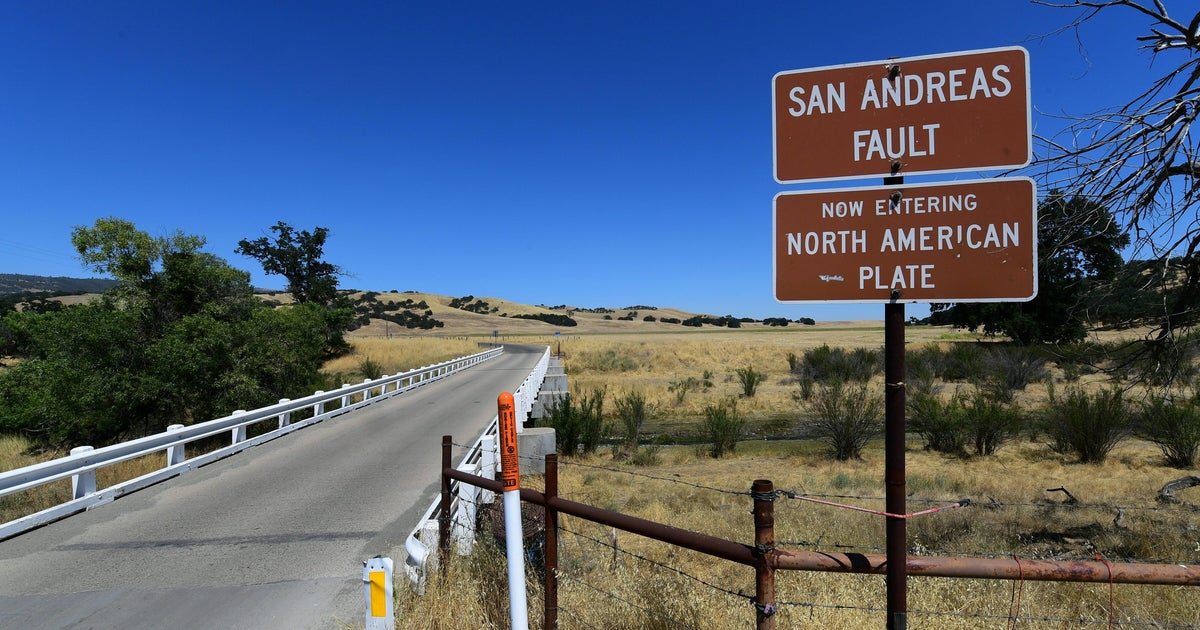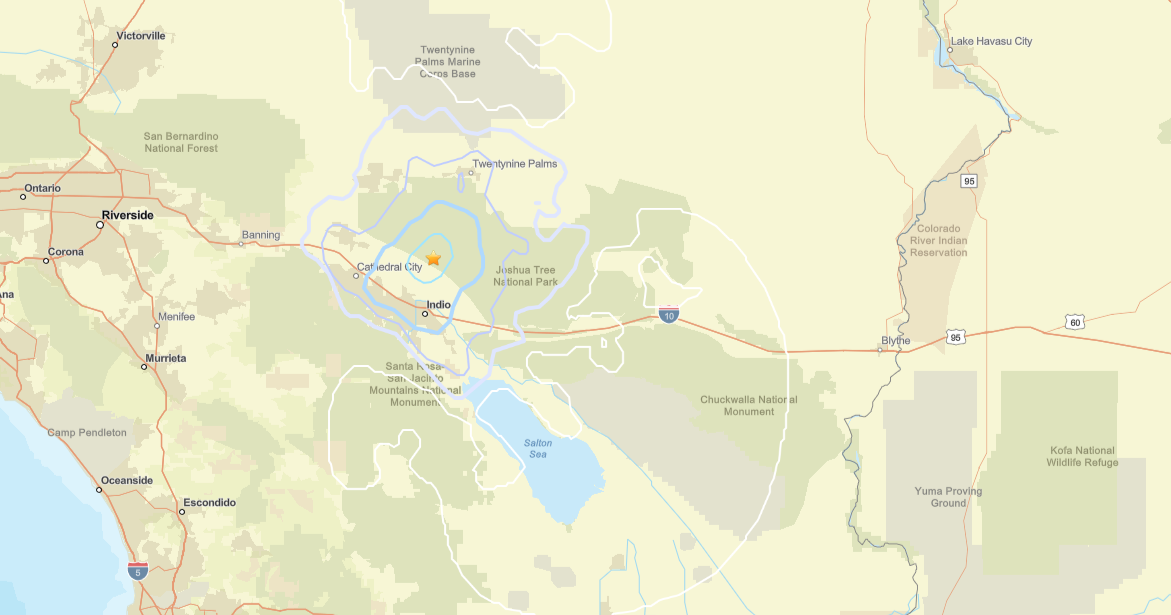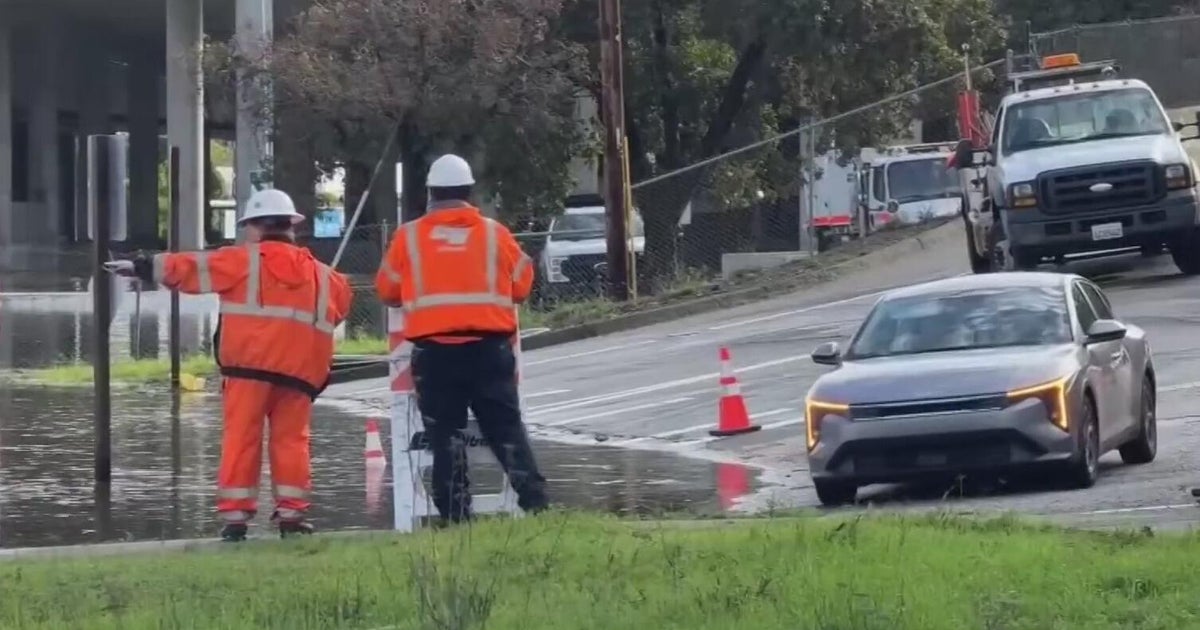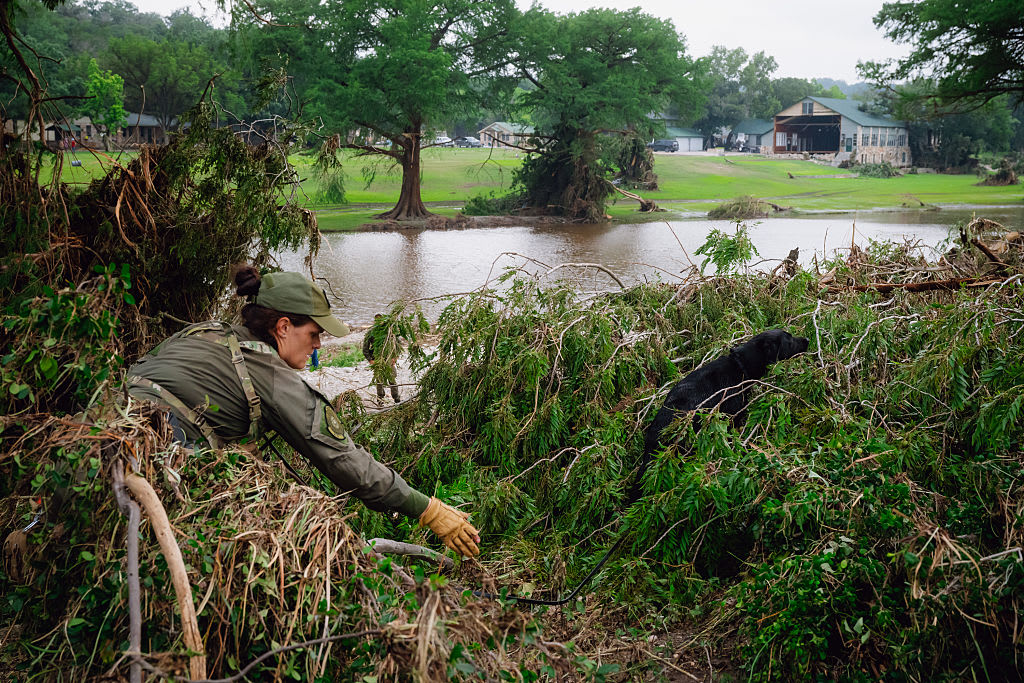Coronavirus fear drives Japanese flooding victims to seek shelter in cars
Tokyo — Even in one of the most earthquake-prone countries on the planet, Japan's catalog of misery seems almost biblical in scale right now. As inhabitants in eastern Japan were shaken awake by an early-morning temblor, hundreds of thousands to the country's south and west were hit with record-breaking torrential rainfall.
Japan's jagged and picturesque topography renders it especially vulnerable to flooding disasters.
Experts say global warming has exacerbated the intensity of precipitation during the annual summer rainy season. Historic rainfall had triggered at least 179 mudslides in 23 prefectures as of Thursday, severing roads and causing at least 59 rivers to burst their banks — coursing currents of muddy water through rural towns.
Bucolic villages were forced to await help for days after floods and landslides cut off utilities and access to the outside world. At least 60 were killed in Kyushu, southwestern Japan, with more than a dozen others missing.
Heavy rain is forecast through at least Sunday across the country, with low-lying areas in particular on alert. At least 80,000 members of the Self-Defense Forces, police, fire and other rescue workers have been deployed to help extract victims.
The coronavirus pandemic has complicated rescue, recovery and evacuation efforts.
Conspicuously missing as Japan confronts this disaster are the usually-reliable brigades of outside disaster aid volunteers, who bring experience and knowhow in removing mud from damaged homes, lead evacuees in exercise sessions and cook hot meals. This time around, both volunteers and local authorities are worried about the infection risk.
While in previous years evacuees were urged to bed down in shelters for their own well-being, this year the common wisdom has been turned on its head. One nonprofit group told Asahi TV that "shelters should be reserved for those with no other alternatives. We are helping one another by staying in our cars."
"Shachu-haku" (sleeping in one's car) is trending online in Japan as evacuees flock to shelters, but then stay in the parking lots. Auto supply shops are doing a brisk business in shachu-haku accessories, including stretchy clothes racks that can be fitted over back seats, and inflatable mini-ottomans.
Automaker Mazda now sells shachu-haku overnight bags with inflatable mattress, pillow, mosquito netting to stretch across open windows, and compression socks — to prevent the risk of deep-vein thrombosis for those living in cramped quarters.








